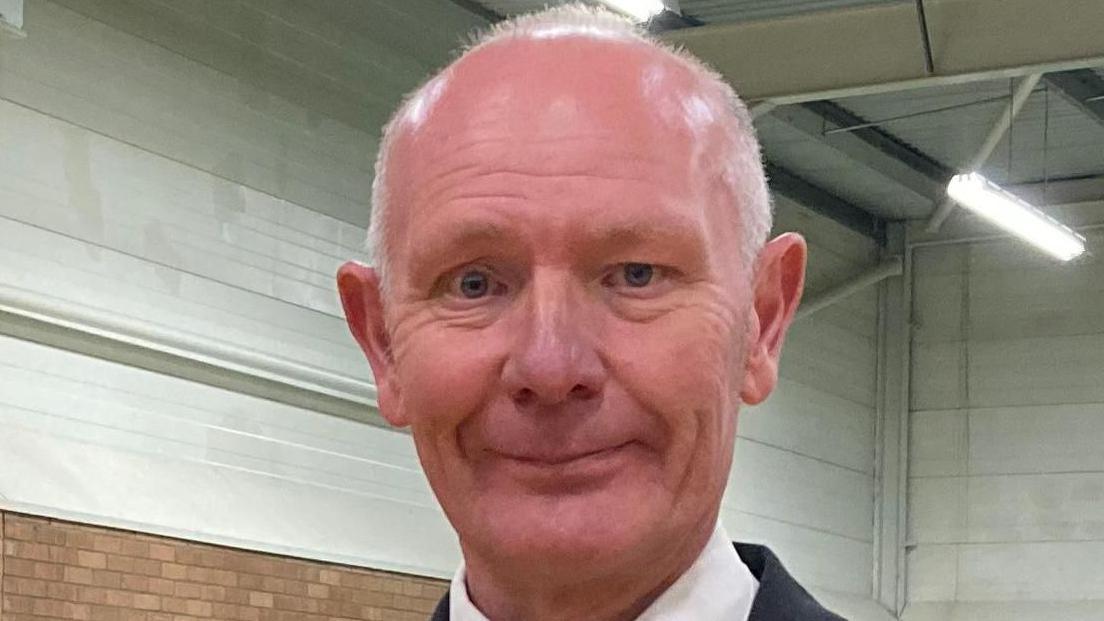Record numbers of police in county - commissioner
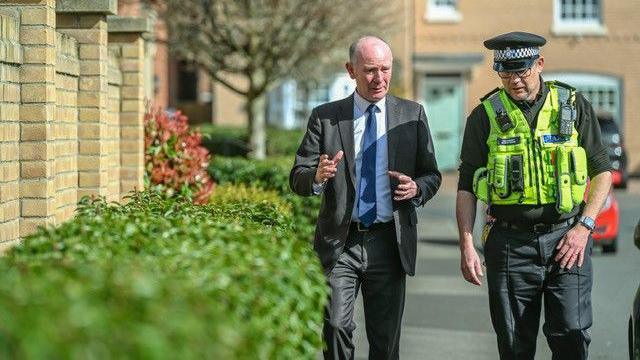
Darryl Preston, left, said there was still "more to be done" to tackle crime
- Published
Cambridgeshire now has a record number of police officers, according to a report by the county's police and crime commissioner.
Darryl Preston, who oversees policing in Cambridgeshire and Peterborough, said the milestone of 1,732 officers in post was "something I know residents wanted to see".
The commissioner, who was re-elected for a four-year term in May, has published his annual report, external covering the year to April.
Mr Preston welcomed progress in some areas, but added: "More needs to be done to tackle the rise of violent crime locally and nationally."
He said reports of neighbourhood crime were 31% lower, along with recorded incidents of anti-social behaviour (27%) and rural crime (13%).
The commissioner reported that recorded cycle theft across the county had reduced by 54% after more investment in CCTV and "targeted police activity".
The report talked about various investments that had been made to prevent and tackle crime during the year.
About £227,000 had been invested in the six community partnerships in the county, which bring different groups together to prevent and tackle local crime and anti-social behaviour.
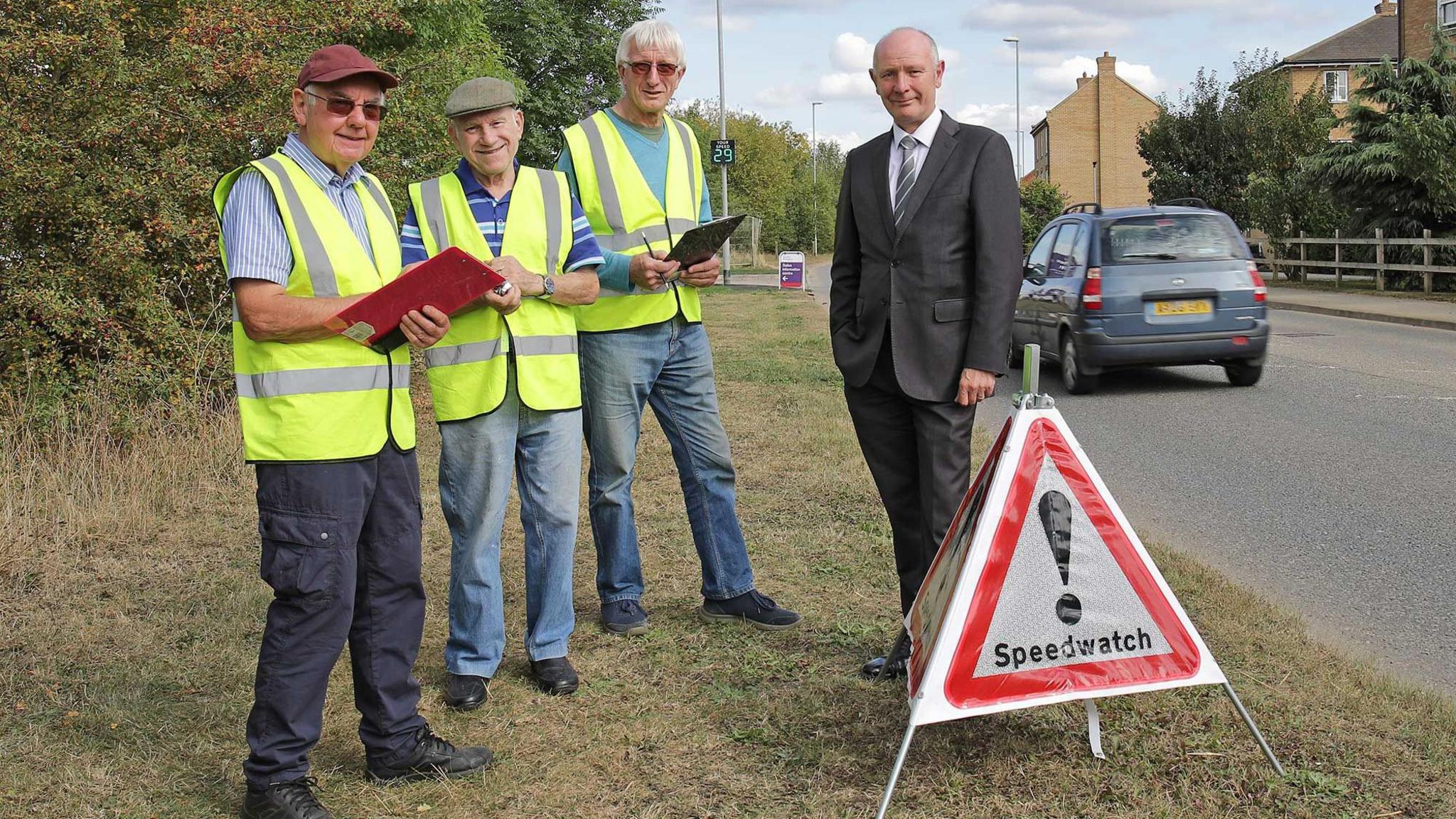
Mr Preston said community speed watch volunteers had been given support
A further £352,000 of Home Office funding was distributed to projects aimed at preventing young people from being drawn into knife crime and serious violence.
The commissioner provided funding for grassroots work to prevent road deaths, including marked police vans to support speed watch groups and dedicated road safety staff.
Mr Preston's report said the number of people being killed on roads in 2023 was at a 10-year low, but "one death is too many".
Demand for 999 calls had increased but waiting times were shorter, at four seconds compared with seven seconds the year before.
Among the other areas that Mr Preston identified as needing further work were "the growing challenges of fraud and cybercrime, as well as increasing call handling resources."
Get in touch
Do you have a story suggestion for the East of England?
Follow East of England news on X, external, Instagram, external and Facebook: BBC Beds, Herts & Bucks, external, BBC Cambridgeshire, external, BBC Essex, external, BBC Norfolk, external, BBC Northamptonshire, external or BBC Suffolk, external.
Related topics
- Published6 March 2024
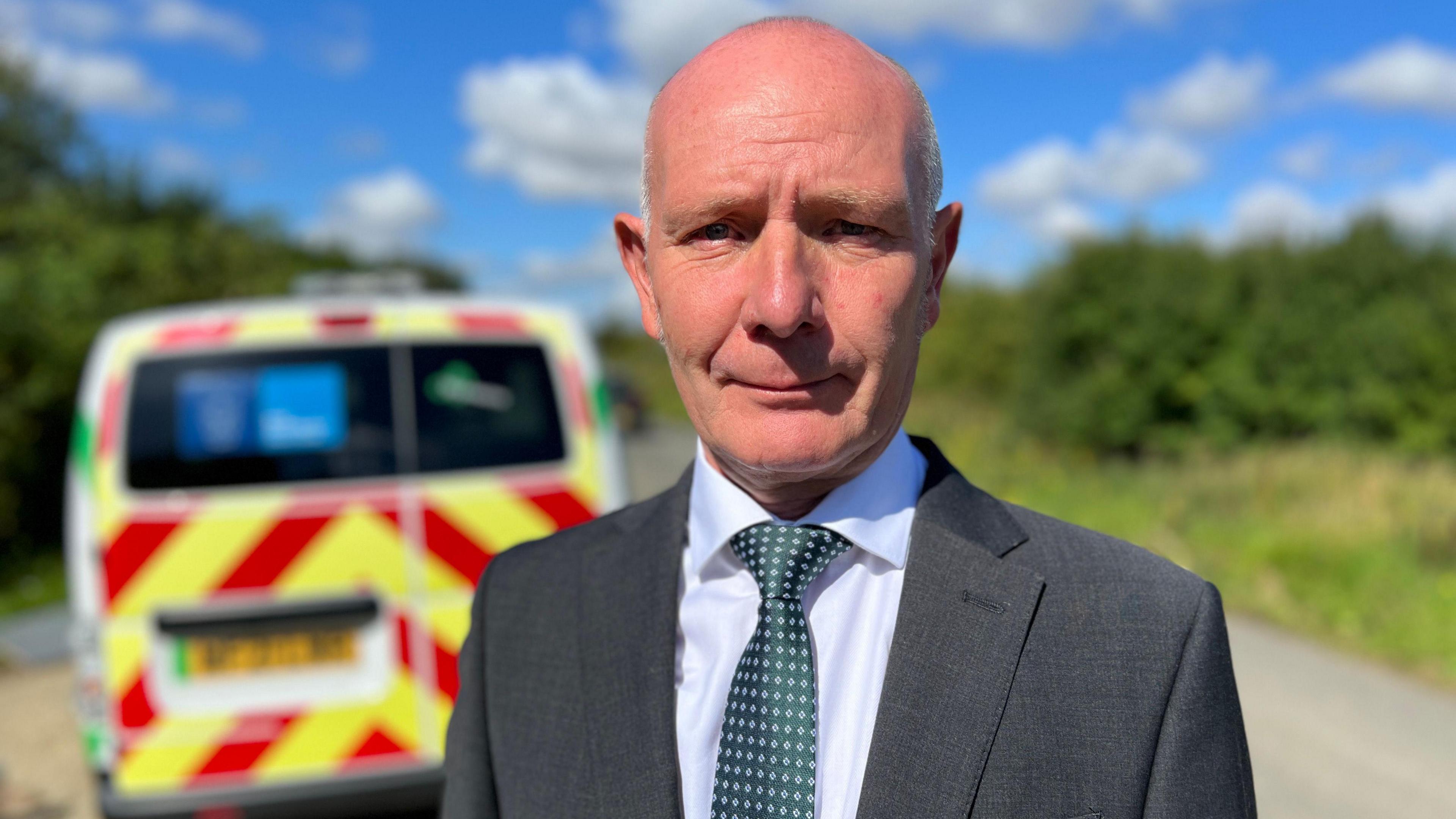
- Published3 May 2024
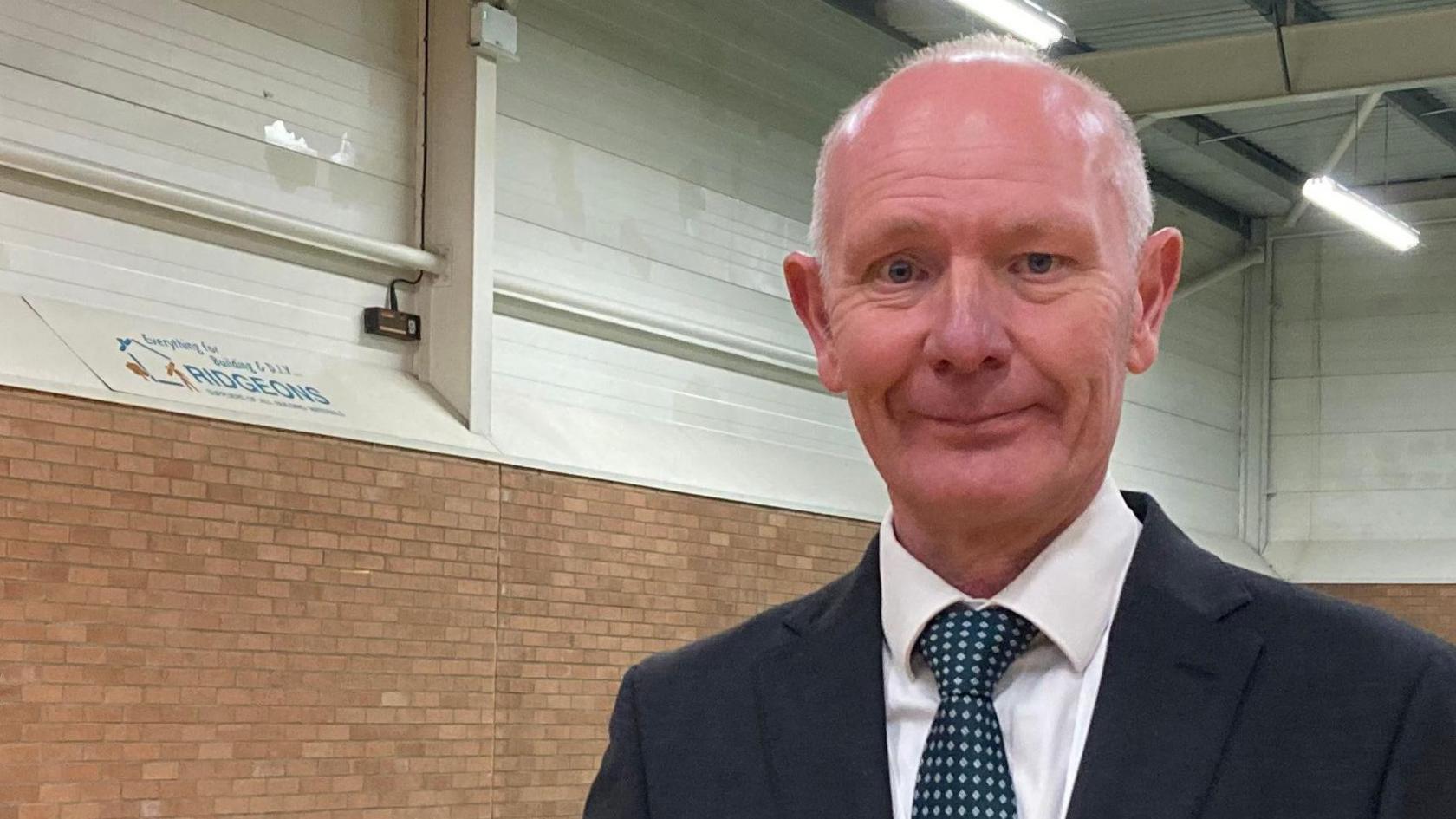
- Published23 August 2024
